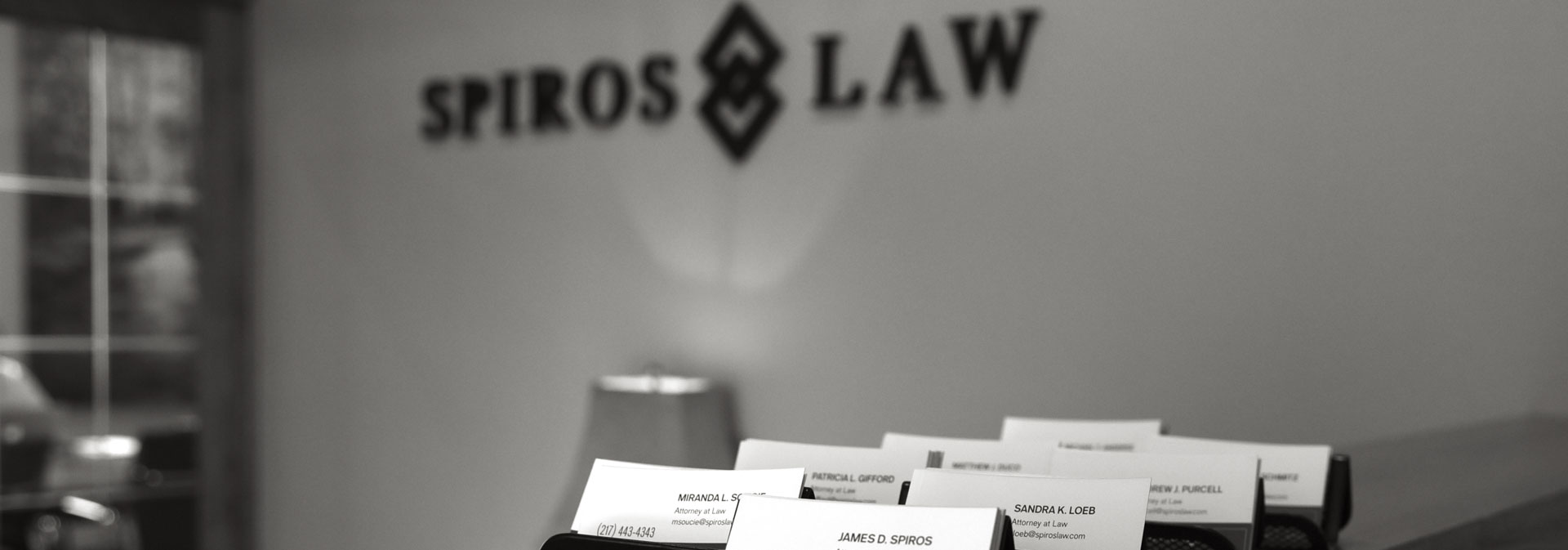Common Types of Nursing Home Abuse
Residents of nursing homes deserve to be comfortable, well cared for, and, most importantly, safe. Unfortunately, these most vulnerable members of our society are often taken advantage of. Abuse is staggeringly common in these settings, even though nursing homes are both paid by families and residents to provide safety and required to do so by law.
If you or a loved one has been abused in a nursing home, you can take steps to hold the liable parties responsible. Our compassionate attorneys at Spiros Law, P.C. can explain your legal options to you. If you think you or a loved one has been abused in a nursing home, you might feel confused and upset but you don’t have to feel alone. We’ve prepared this to help you learn about some of the most common types of nursing home abuse.
Recognizing Nursing Home Abuse
To seek justice for your loved one, you first have to identify the abuse that has occurred. While some residents of nursing homes can directly accuse their abusers, many long-term residents are unable to describe what happened clearly. Victims will exhibit physical and psychological symptoms of their abuse. Here are some of the common types and how you can recognize them.
- If your loved one has been neglected, their caregivers may have withheld or failed to give enough fluids. Symptoms include dry mouth, headache, dry skin, tiredness, and decreased urination.
- Providing safe housing includes taking reasonable steps to prevent falls. If your loved one fell as a result of negligence, like tripping over cords or falling when no one was available to help them to the bathroom, the nursing home may be liable.
- Failing to provide adequate food can result in serious medical problems. Symptoms of this kind of abuse can include fatigue, weakness, weight loss, and anemia.
- Pressure Ulcers. Also known as bedsores, pressure ulcers develop when people with limited mobility aren’t adequately cared for or regularly moved. These skin injuries often develop around bony areas, like ankles and hips, and can appear to be anything from irritated skin to deep lesions.
- Sexual Abuse. Nursing home residents with limited mobility or cognitive ability may be at risk for sexual abuse by caregivers or fellow residents. Signs can include anxiety, urinary tract infections, genital injuries, and sexuality transmitted infections.
These common types of abuse can be deeply upsetting when you discover they have happened to a loved one. Since they are crimes, you can and should report them to the authorities. You can also hold the nursing home liable for their neglect and abuse.
Contact Spiros Law, P.C. for a Free Consultation
If your loved one suffered injuries because of a nursing home’s abuse, you need proper legal representation. You and your family may be entitled to financial compensation, including for past and future medical bills, missed work, and pain and suffering. Reach out to our nursing home abuse lawyers at Spiros Law, P.C. to walk you through your options. We are always available 24/7. Call us at (217) 443-4343, chat with us, or visit one of our conveniently located offices today.



